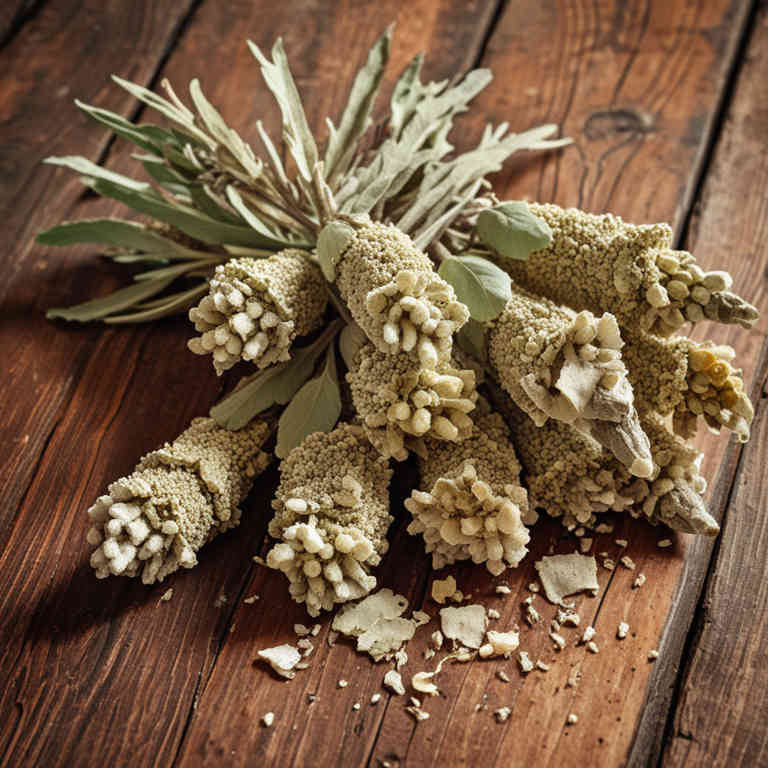Verbascum thapsus mucillage for medicinal use

Verbascum thapsus mucillage is a viscous, sticky substance derived from the plant commonly known as common mullein.
This preparation is obtained by macerating the leaves of Verbascum thapsus in water, which extracts its mucilage content. In herbalism, it is valued for its soothing and demulcent properties. It is often used to alleviate respiratory discomfort, such as coughs and sore throats, due to its ability to coat and protect mucous membranes.
Additionally, it may be applied externally to soothe irritated skin or reduce inflammation.
Uses
Verbascum thapsus mucillage has been used to treat respiratory and skin conditions for centuries.
Historically, it was valued in ancient Greece and Rome for its soothing properties, often applied to wounds and respiratory ailments. Traditional herbalists used the mucilage to alleviate coughs, inflammation, and digestive discomfort. In modern times, it is studied for its potential anti-inflammatory and demulcent effects, finding use in contemporary herbal remedies and pharmaceutical preparations.
Its continued relevance highlights the enduring value of traditional botanical knowledge.
Benefits
Verbascum thapsus mucillage has health benefits such as reducing inflammation, supporting respiratory health, and aiding in skin healing.
This preparation, derived from the common mullein plant, contains mucilage that acts as a soothing agent for irritated tissues. It is often used to alleviate symptoms of coughs, bronchitis, and other respiratory conditions due to its demulcent properties. The mucilage also has mild antimicrobial effects, which can help in treating minor skin infections and wounds.
Additionally, it may support digestive health by coating the gastrointestinal tract and reducing irritation.
Constituents
Verbascum thapsus mucillage active constituents include mucilage, flavonoids, tannins, and alkaloids.
Mucilage is the primary component, known for its demulcent properties that soothe irritated tissues. Flavonoids contribute to anti-inflammatory and antioxidant effects. Tannins provide astringent properties that may aid in reducing inflammation and promoting healing.
Alkaloids may offer additional therapeutic benefits, though their specific roles require further research.
Preparation
To make Verbascum thapsus mucillage, begin by harvesting the fresh leaves of the common mullein plant during its flowering season.
Wash the leaves thoroughly and chop them into small pieces to increase surface area. Place the chopped leaves in a pot and add enough water to cover them by about an inch.
Bring the mixture to a gentle simmer and let it cook for approximately 30 minutes, stirring occasionally to prevent burning. Strain the liquid through a fine mesh or cheesecloth to collect the mucilage, which will be the thick, sticky substance left behind.
This mucilage can then be used topically for its soothing properties or further processed as needed.
Side Effects
Verbascum thapsus mucillage may lead to gastrointestinal discomfort, including nausea, vomiting, and diarrhea, due to its high mucilage content.
The preparation is known to have a laxative effect, which can cause dehydration if not managed properly. Prolonged use may result in electrolyte imbalances, particularly in individuals with pre-existing digestive conditions. Some users may experience allergic reactions, such as skin rashes or respiratory irritation.
It is important to consult a healthcare professional before using this preparation, especially for individuals with sensitive digestive systems or chronic illnesses.